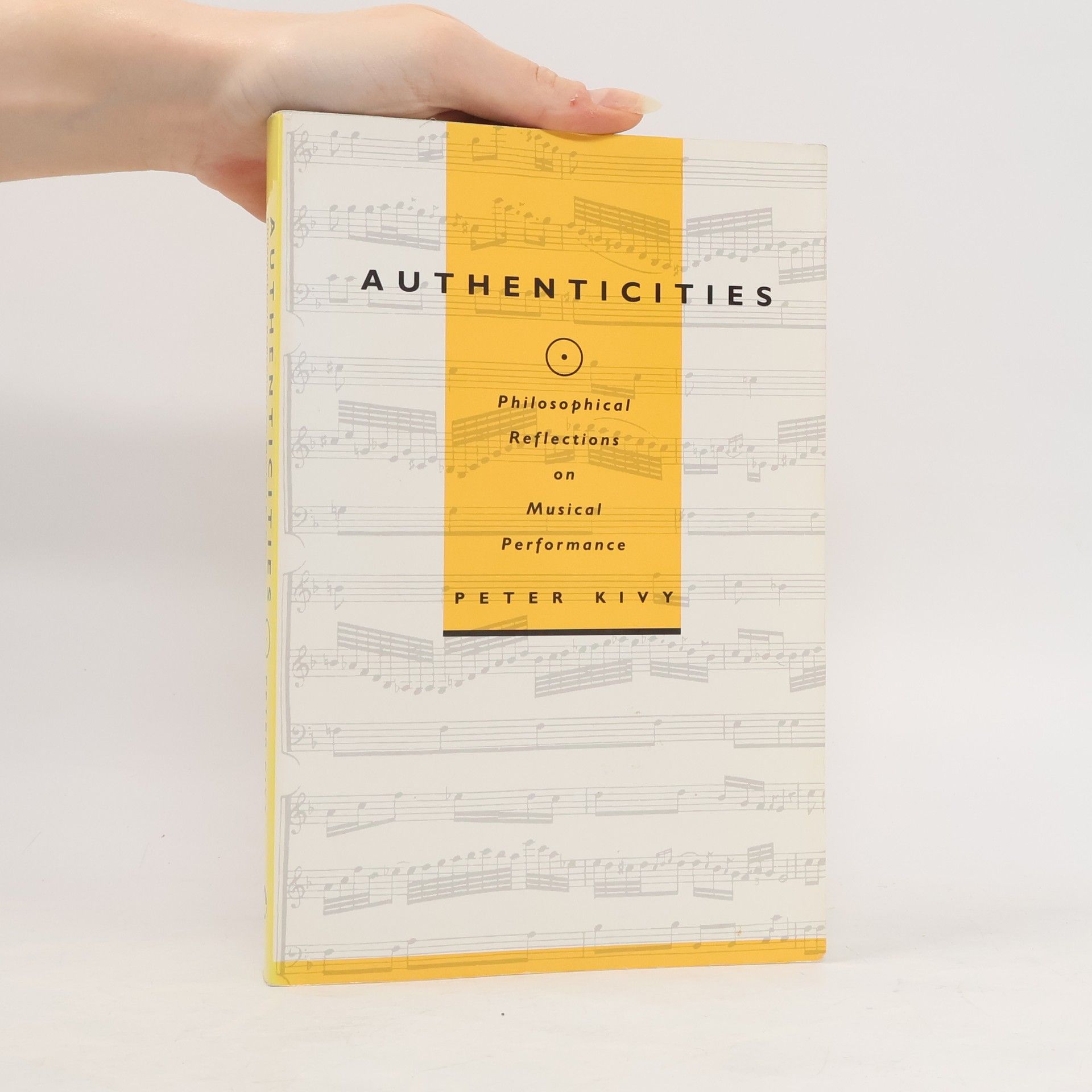Authenticities
- 320 stránek
- 12 hodin čtení
In his latest book on the aesthetics of music, Peter Kivy presents an argument not for authenticity but for authenticities of performance, including authenticities of intention, sound, practice, and the authenticity of personal interpretation in...

